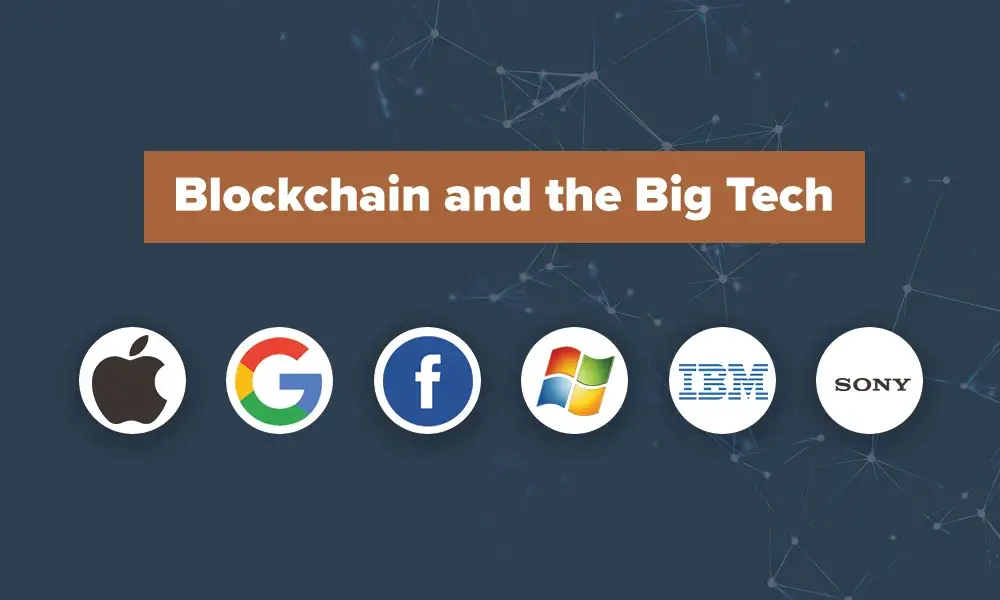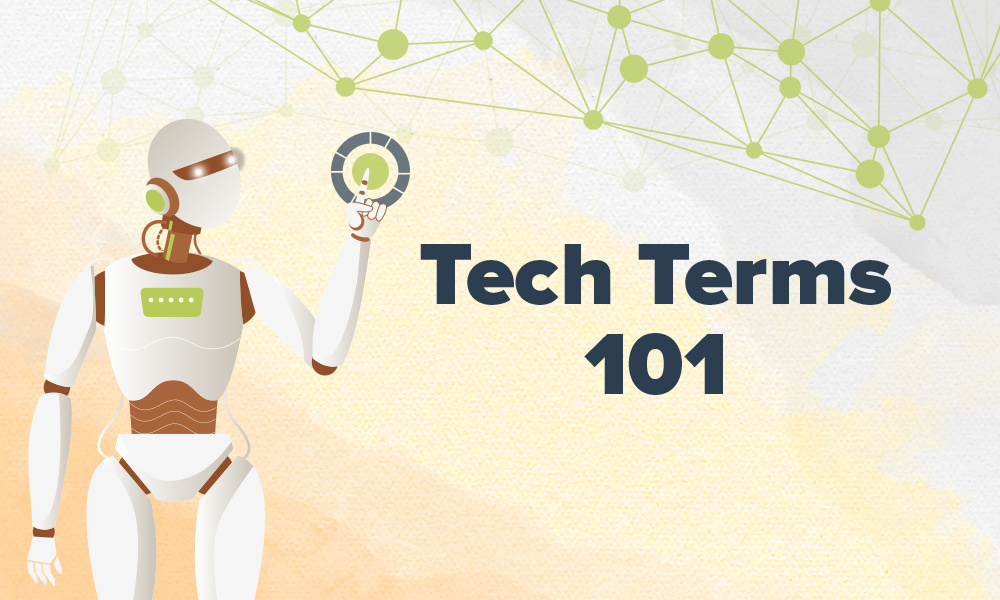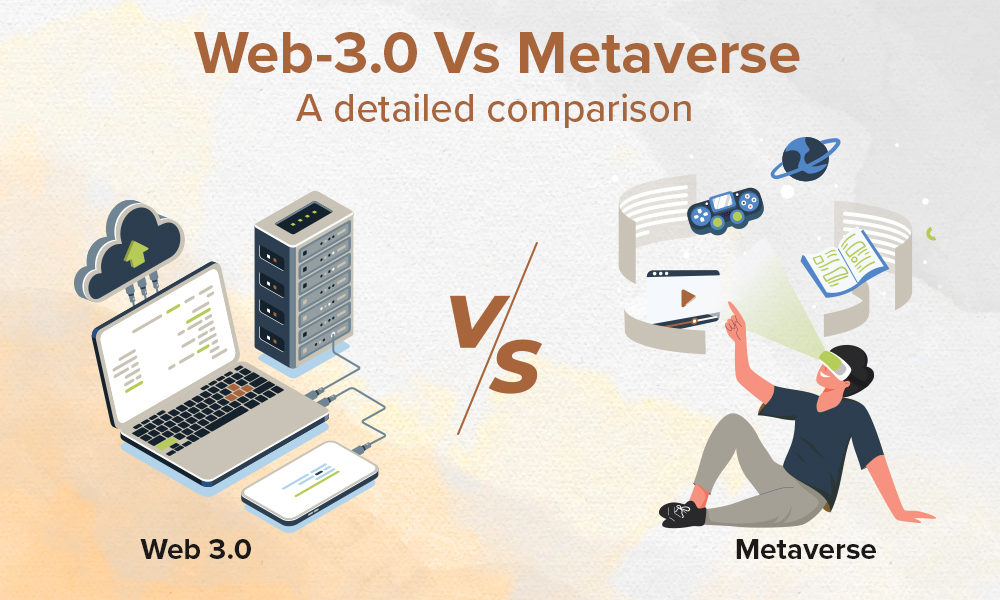The world’s largest technology companies have made efforts to explore and integrate blockchain technologies over the past few years. Partly driven by a massive boom in interest caused by Bitcoin’s stellar bull run in 2017, blockchain technology quickly became the new catchword in tech. A lot of startups during that time entered the blockchain zone to cash in on the hype in the space.
Bigger companies that weren’t looking into the benefits of the technology faced the risk of being left behind and began to carefully explore solutions to their own business mechanisms. Others had already begun exploring the potential benefits that blockchain could bring to various systems. That included some of the biggest names in the tech space, including IBM, Facebook, Google, Sony and Microsoft.
IBM’s blockchain patent dominance in US
Technology giant IBM adopted blockchain back in the year 2014 when the technology had just started to gain attention. So, far IBM is leading the race of the number of patents filed in the blockchain. Out of the many patents filed in the blockchain technology, IBM states that a few of them have been filed to improve the security of blockchain networks.
The tech giants most significant work in blockchain came in 2015 when it launched its own blockchain – the IBM blockchain. The IBM blockchain has been developed on Hyperledger Fabric – a popular open-source blockchain platform. IBM blockchain boasts of more than 500 Live projects running in various industries like trade finance, supply chain as well as identity management.
The IBM Blockchain is an enterprise blockchain solution aimed at large scale businesses and corporations. The platform allows users to join existing blockchains or even create new platforms suited to their needs. The IBM website estimates that it has over 500 live, working blockchain projects. These projects cover a broad spectrum of industries, including trade finance, supply chains and identity services.
A well-known project run in the supply chain industry TradeLens for which IBM partnered with shipping giant Maersk. IBM has also stretched his hands in the food industry and IBM’s Food Trust Blockchain was developed. The blockchain-based food tracking platform currently offers its services to Walmart, Nestle as well as Unilever to name a few.
Microsoft offering Blockchain as a Service
Microsoft has always been a pioneer company in the IT and technology sector. Apart from its very famous operating system – Windows, the company has been active in offering various other IT-related services. Blockchain technology being no different, the company has ventured out in developing private, enterprise blockchain solutions rather than working in alliance with open-source blockchain projects.
Under the Microsoft’s Azure cloud computing service the company offers blockchain services. Labeled as the ‘Azure Blockchain Service’, the platform offers the users to develop consortium networks as well as applications. Microsoft services can be better labeled as BaaS (Blockchain as a Service) wherein the company subscribing for the services doesn’t need to invest a lot in building its own blockchain platforms rather they can simply avail those services for the tech giant.
Microsoft blockchain services in the past have been used by many companies including Starbucks to track the coffee beans that it sources from the farmers. GE Aviation also avails the Azure Blockchain service for recording and tracking the aviation parts. Nasdaq also partnered with Microsoft’s Azure Blockchain to develop modular technology that are being used by more than 100 exchanges across 50 countries.
Google and Hedera Hashgraph
Google, so far has kept its distance from the blockchain technology. The search engine giant says that it aims to safeguard its users and has been seen removing many cryptocurrency apps from its Play Store. However, Google did go ahead and partnered with Hedera Hashgraph. The partnership has claimed to be generating $1.9B in value by 2024.
Hedera in the past has been using Google’s Cloud service to maintain its various databases for its Blockchain Wallet and Explorer services. Going forward Google will be Hedera’s preferred cloud provider for public testnets as well as the Hedera Consensus Service ecosystem.
During the time of official announcement, this year Google said that it joins the platform as a governing council and will run a Hedera network node. Only governing council members have the permission to run nodes on the distributed ledger.
Facebook and Libra Blockchain
In the year 2018, both Google and Facebook had banned all blockchain-related ads on their platforms. A year later, Facebook changed its stance and relaxed the rules, allowed businesses to promote industry news, education or events related to blockchain technology.
The reason came to light a few months later when the social media giant released its own blockchain – Libra. The world went into an upheaval post Facebook’s announcement and every government in the world including America’s didn’t want the Libra blockchain to see the light of the day.
In the year 2020, Facebook course corrected its plan to launch Libra and renames its wallet ‘Calibra’ as ‘Novi’. With Calibra Facebook aims to smooth cross-border payments and help the remittances reach family and friends in real-time without paying high amounts in fees.
Sony and Music Industry with Blockchain
Japanese IT firm Sony is well known for its electronics, but it’s made some interesting moves utilizing blockchain technology. The company has taken a slightly different approach in its appraisal of the possibilities of the technology and has earmarked areas that would benefit the most — education, music rights and sampling.
In 2017, Sony announced that it was exploring a pilot project with Fujitsu to record and manage educational subject matter, records and grades using the Linux Foundation’s Hyperledger Fabric. The platform allows educational institutions to virtually store and share academic learning records for individuals in a cryptographically secure, distributed blockchain network.
This allows educational institutions or companies to have access to verified, tamper-proof educational records of the respective applicant or student. Conversely, it allows students and academics to have real-time access to their own academic records. Sony has also identified an interesting use for AI and blockchain technology in the music industry.




